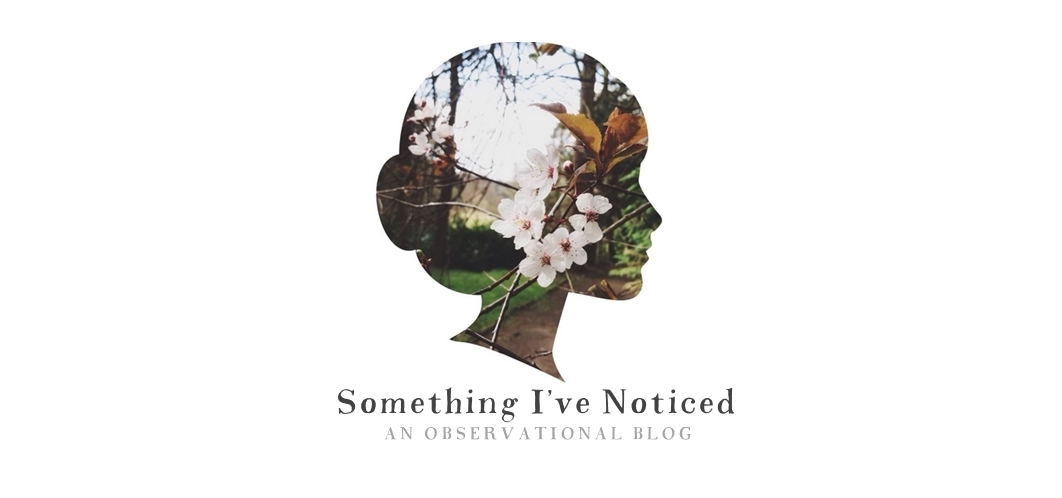I’ve been enjoying the writing of Shoko Wanger recently (of ‘Sho & Tell’ blog). She writes a beautiful narrative essay series* called 'POV' where she reflects on memory and being in the moment and ‘learning
to embrace a quarter-life crisis’ (among other things). Her essays remind me (and reinforce my conviction) that writing that draws on real life, on personal experience, isn't something irrelevant
or self-indulgent when it's done well: instead, looking honestly (and with curiosity) at your own life and then offering up what you notice to others... it’s actually extremely valuable work.
‘It’s not often,’ I wrote in my journal back in December
when I first stumbled upon her blog, ‘that you read another’s words and think: “well,
yes – that’s exactly it! Thank-you.” That, as I see it, is the purpose of
writing. (Or at least a purpose.) The
purpose of writing truthfully. To leave space for (and trust in) the possibility
that your words, observations, life might do the same for another.’
♥
I was thinking a bit about that idea again after my brother, Evan**,
shared the poem Nothing is Lost by Noël Coward with me. In the poem, Coward writes that nothing is
ever forgotten: not really. Everything that’s ever happened to us (‘sorrows and losses time has since consoled,/Family jokes, out-moded anecdotes/Each
sentimental souvenir and token...’) is all still floating about in our subconscious somewhere, ‘waiting to be recalled...’
It’s an interesting thought. And I am always kind of bawled
over when someone says something, or I overhear something, or I taste something
that sparks a memory. When I remember something I forgot I knew.
That’s kind of what he’s talking about. Nothing is lost. But
what the poem makes me think of is the idea that nothing is ever wasted either.
Blunders, mistakes, blips – embarrassing moments where you muddled your
sentences, those hours where you got lost in the dark in the city in the rain –
nothing, really, is wasted. Or it doesn’t need to be at least.
There are many many aspects of ‘being a writer’ that could,
potentially, drive one insane: the
clock ticking, the solitude, the blank-page-blank-head problem, the question: ‘how’s the writing going?’, the pain – actual physical muscle-tightening pain –
that comes every day from trying to pull ideas out of your head and down into
words: like you’re trying to lasso the moon out the sky and pull it through a
keyhole. But one aspect of writing that probably keeps me sane is that voice that says,
in the middle of real life difficulties:
'Don’t worry. You can make something out of this. If nothing
else, you can write about this later.'
♥
NB. I’m not talking about over-sharing via paper, or thinly
disguising real life gripes as fiction. Absolutely not. There’s nothing more
uncomfortable than reading writing like that. I’ve read too many stories
recently where the main ‘character’ is clearly just the writer with wig on.
What I mean is... I think I’m learning that the trick to writing well – or really: the trick to being an empathic person, because maybe
that’s actually what I’m talking about, and that’s what kind of writer I want
to be – is being able to look at your own experience and find a way to distil
it down till you’re not necessarily talking about particulars anymore (THIS
happened THEN over THERE). Good writing, I think, is when you’re able to capture
the essence of experiences (the colour and texture and sound of them) and turn them
into words that ring true.
NB.2. I’m also not saying I’m very good doing that – at distilling
experience. But it’s something I’d like to learn how to do because I see it in
the writers I like and in the people I admire most: the people who are open and authentic and honest without being attention-seekers or needy.
I also like the idea of a writer’s brain being an
‘experience distillery’. (If any illustrators read this blog, please draw that
idea for me.)
♥
Notes
**Evan, incidentally, has also just started a blog: 'Coffee with Philosophers' and he's a pretty good writer so you should read it.
The pictures in this post are by: Fumi Koike.
(Also, ps. Thank you for your feedback on my last post. And apologies if this one seems a bit waffley ...I also realise
it’s another ‘here are some thoughts after reading a poem’ piece. I will try
and mix it up a little for next time!)






